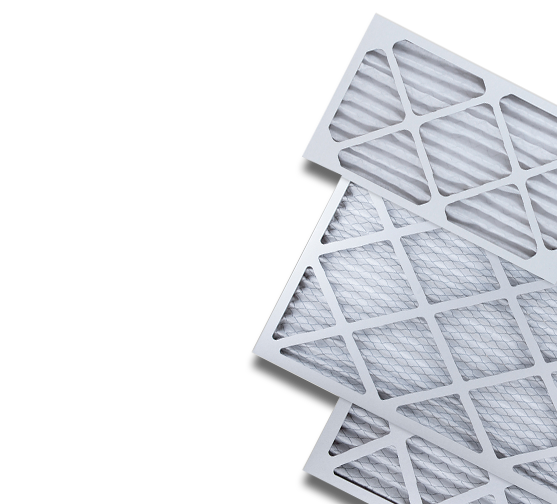SATISFACTION & SUPPORT
Home water filters, whether they are meant to purify some contaminant in your water, or simply to enhance the taste, are an important addition to your home. Equally important is the knowledge that once you have installed a system in your refrigerator or your whole house, replacement filters will be readily available. The best water filters are the ones that are cost-effective, easy to replace and available when needed.
Anytime you make a purchase with Water Filters Fast your satisfaction is guaranteed. We have an excellent support staff that can assist you in making your selections. Free shipping is available on orders over $75. Purchases under $75 will be shipped at a reasonable $5 flat shipping fee.
Learn More
